How Much Deep Sleep Do You Really Need? The Answer Might Surprise You
Almost everyone talks about getting enough sleep—but not everyone knows deep sleep is the secret sauce in feeling truly rested. In this post, we’ll explore how much deep sleep you need, why it matters, and how a smart nightstand speaker can help you maximize it.
What Is Deep Sleep—and Why It’s So Important
Deep sleep, also known as slow-wave sleep (stage 3 NREM), is when your brain waves are at their slowest, breathing and heart rate steady, and your muscles fully relaxed. This stage occurs in the early cycles of sleep and plays a key role in:
- Physical repair and growth
- Immune system strengthening
- Memory consolidation and clearing waste from the brain
Without enough deep sleep, even if you're clocking in lots of hours, you might wake up feeling exhausted or foggy.
How Much Deep Sleep Do You Need?
For healthy adults, scientific sources generally conclude:
- Deep sleep should make up about 10–20% of your total sleep time.
- For someone sleeping 7–9 hours, that means roughly 40 to 110 minutes of deep sleep is typical.
- As you get older, the proportion tends to decrease.
So if you’re an adult sleeping 8 hours a night, aiming for 60–100 minutes of deep sleep is solid.
Barriers to Getting Enough Deep Sleep
Some common issues that reduce deep sleep:
- Ageing: Older adults often experience lighter, more fragmented sleep.
- Lifestyle and stress: Caffeine, late meals, irregular sleep/wake times, anxiety.
- Sleep disorders: Conditions like sleep apnea can interrupt deep sleep cycles.
How to Boost Deep Sleep
Here are strategies backed by science:
- Stick to a regular sleep schedule
- Create a quiet, dark, cool sleep environment
- Avoid screens, caffeine, heavy meals late at night
- Relaxation rituals like stretching, meditation, or a calming audio routine
How a Smart Nightstand Speaker Can Help
If you're serious about improving deep sleep, a smart nightstand speaker adds value in ways that a basic white noise machine can't:
- Built-in soothing sounds like white noise, ASMR, or guided relaxation help you unwind naturally.
- Timer functionality ensures sounds don’t play all night and disrupt sleep cycles.
- Night lights for ambient color only (not auto sunrise) help maintain darkness critical for deep sleep — harsh lights can suppress deep sleep.
- Wireless charging at the specified spot on the top keeps your bedtime routine clean and cable-free — less clutter means less distraction before bed.

Takeaway
Deep sleep is essential—it’s not just about the hours you sleep, but how many of those hours are truly restorative. For most adults:
- Deep sleep should be 10–20% of your total sleep time (~40–110 minutes for 7–9 hours of sleep).
- If you're waking up groggy, feeling physically slow, or having trouble recovering (especially if you're middle-aged or older), you might be getting too little deep sleep.
Adding tools like a smart nightstand speaker to your bedtime routine—using calming audio, good darkness, and that clean setup—can help optimize your environment for deeper rest. Sleep isn't just about making it through the night; it’s about what your body does while you do.


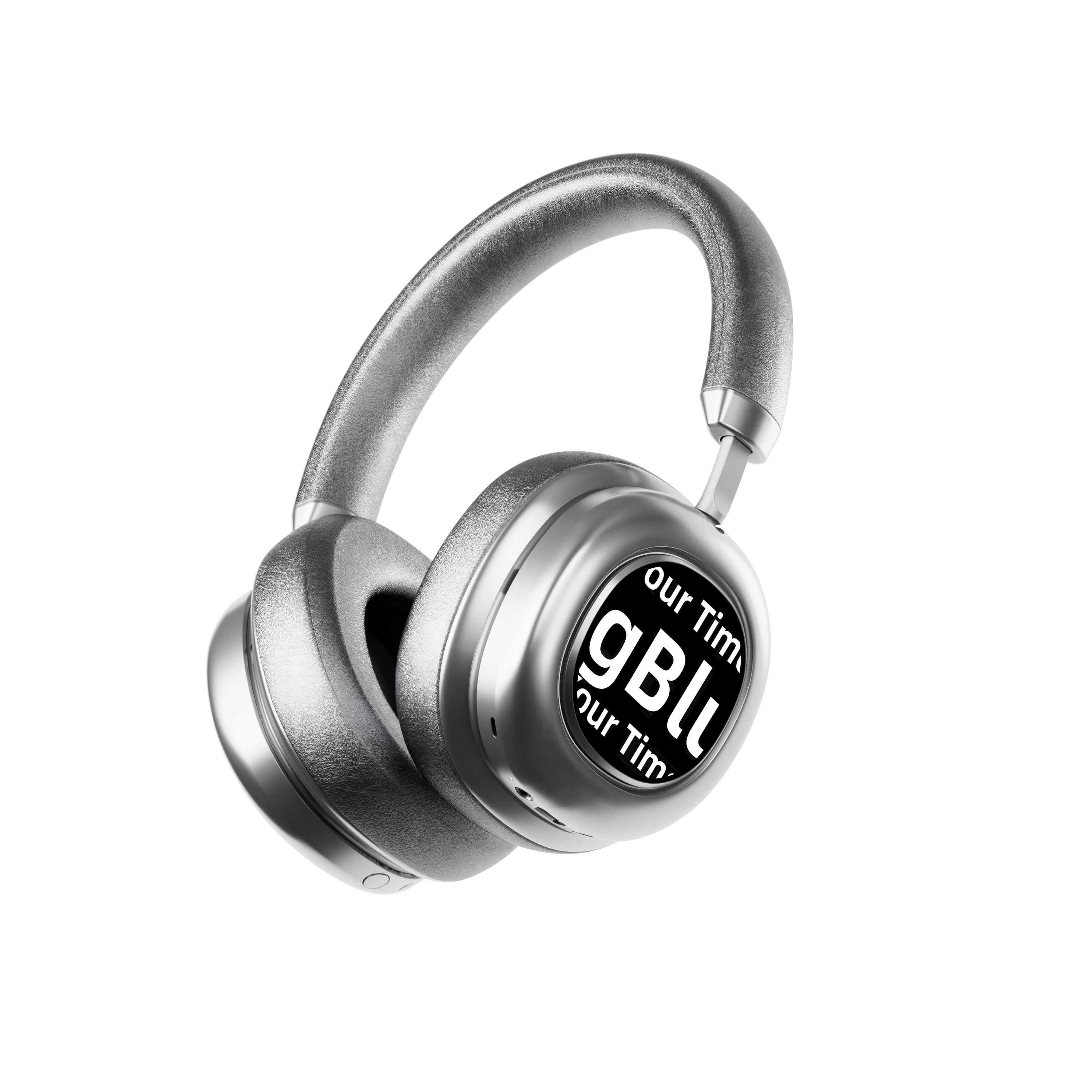
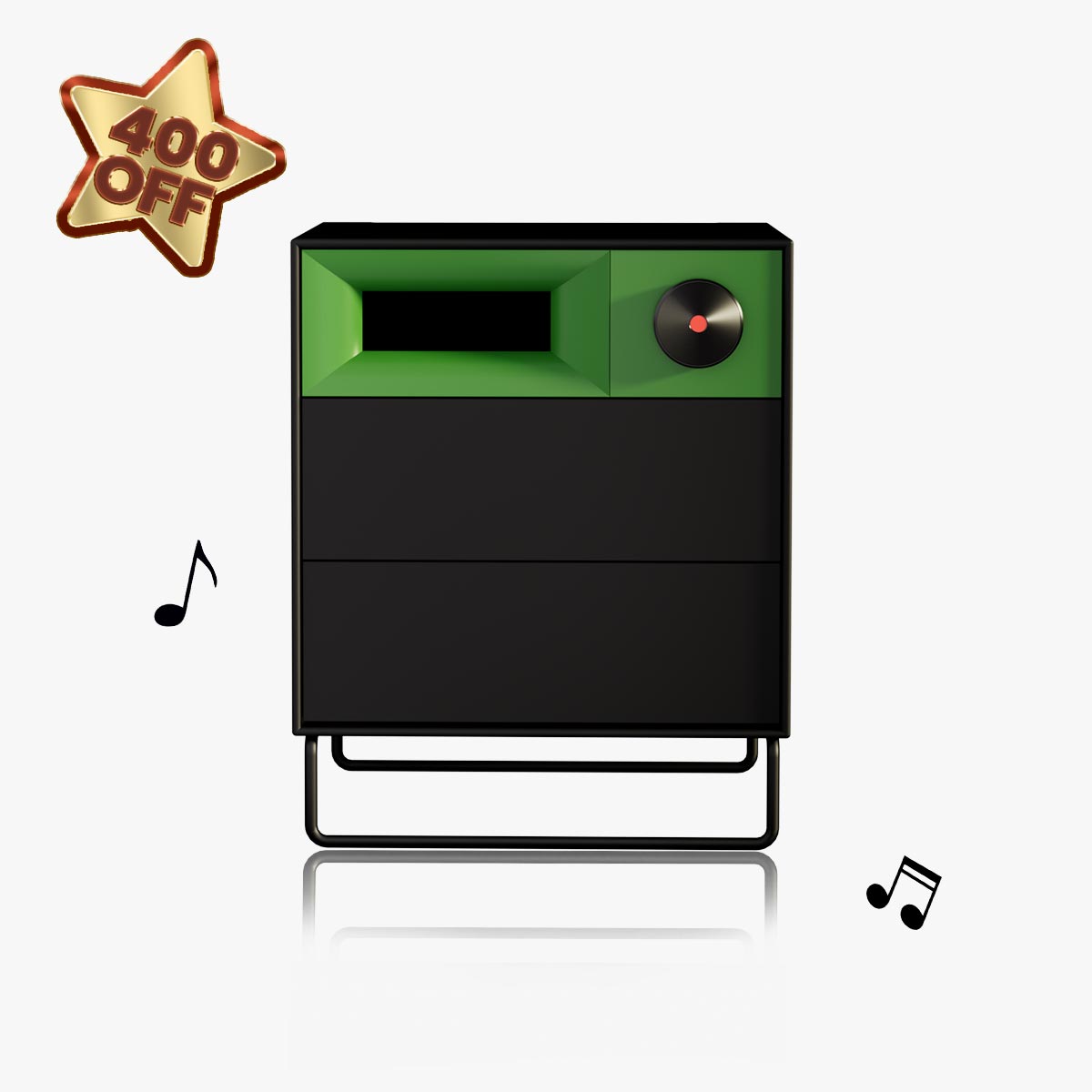
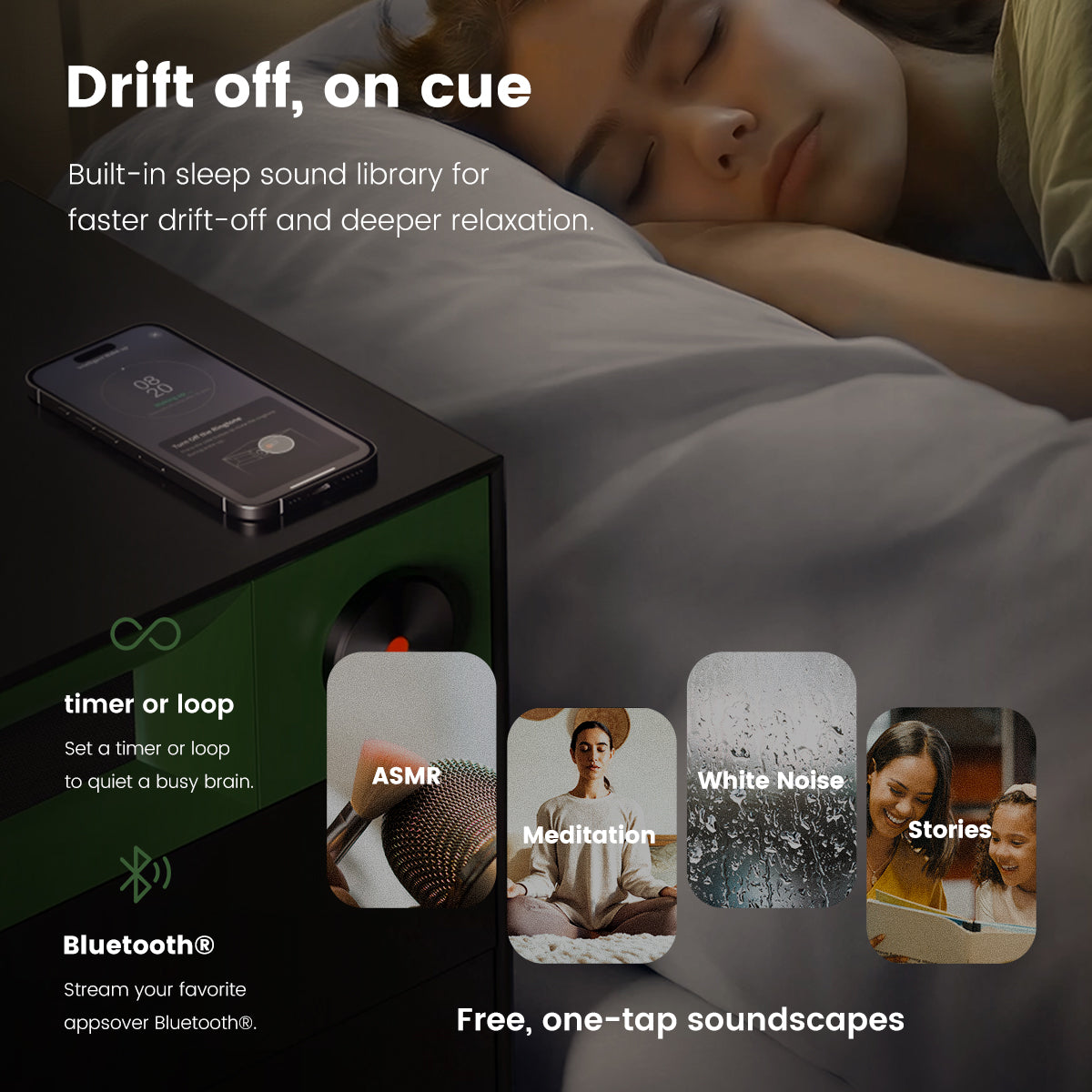
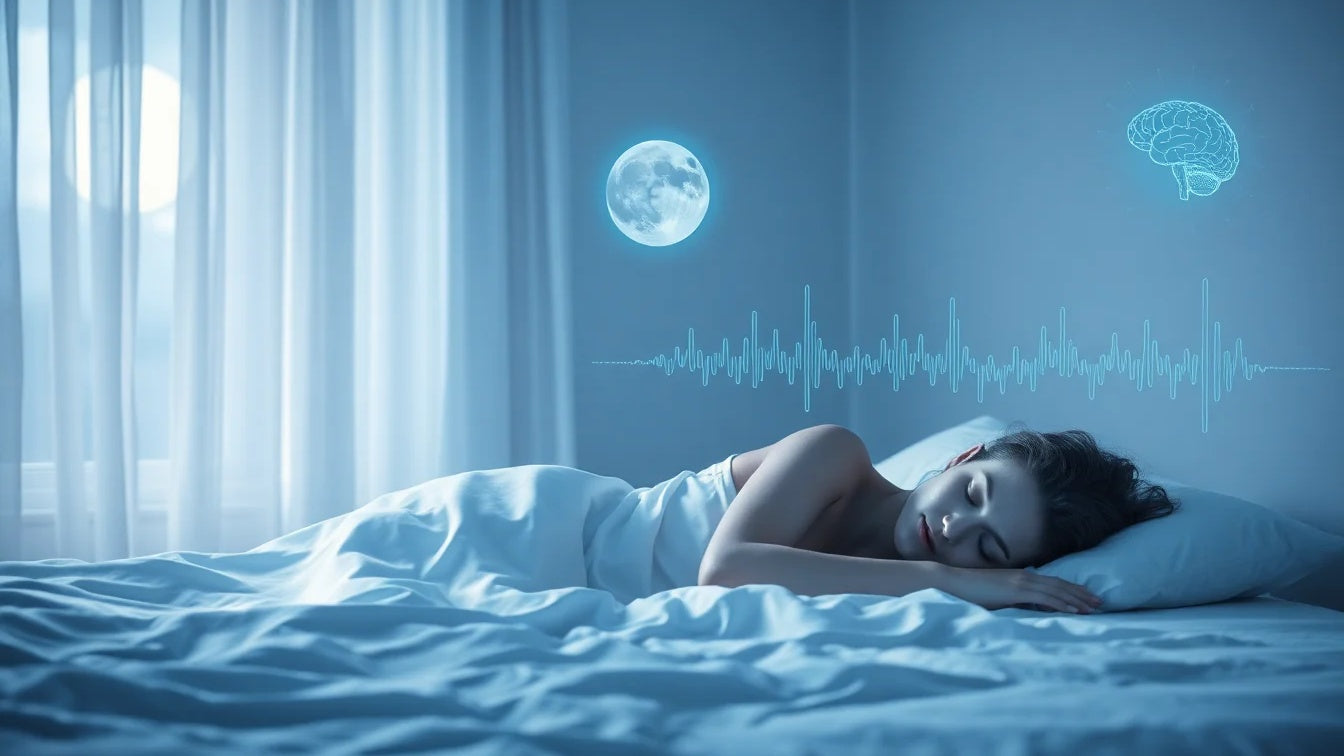

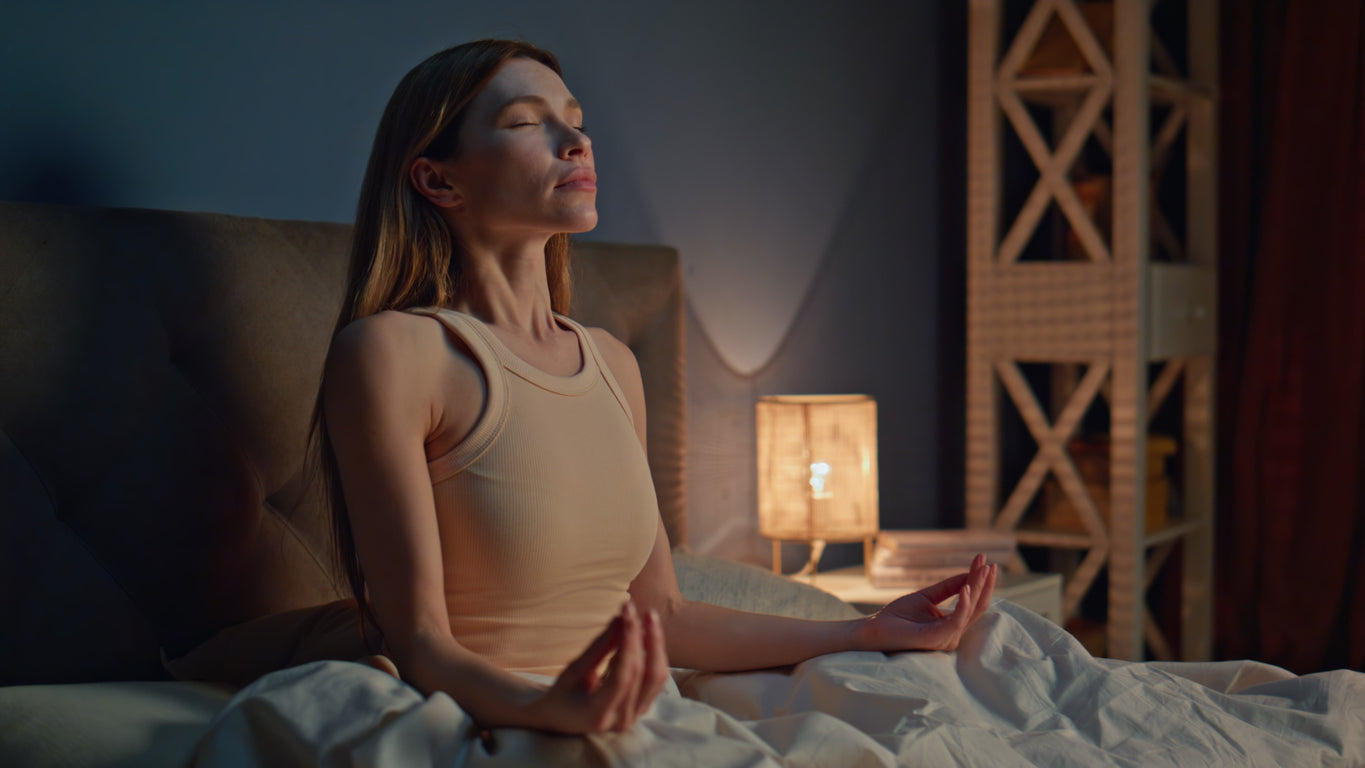
Leave a comment
All comments are moderated before being published.
This site is protected by hCaptcha and the hCaptcha Privacy Policy and Terms of Service apply.